OBADIAH MAILAFIA: STEADYING THE SHIP IN STORMY WATERS (III): Nigeria’s Prospects in the Emerging Global Economy
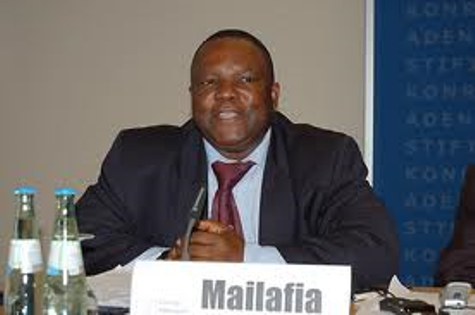
FEATURED IN JARUSHUB THOUGHT LEADERSHIP SERIES
By
Dr. Obadiah Mailafia
Chief of Staff of the Organisation of African, Caribbean & Pacific (ACP) of States, Brussels, Belgium
Former Deputy Governor, Central Bank of Nigeria
Being Text of a Lecture Delivered at the 11th Session of the National Economics Students Association (NESA) Conference at Obafemi Awolowo University, Ile-Ife, Nigeria
(12–13 March, 2014)
5. Nigeria’s Prospects in the Emerging Global Economy
The British economist and banker, Jim O’Neill, has recently coined the acronym MINT to refer to the second-eleven emerging economies of Mexico, Indonesia, Nigeria and Turkey. The former Goldman Sachs Chief Economist believes these countries have the strongest prospects of joining the ranks of the BRICS. No group of countries could be more diverse from the viewpoint of history, culture and geopolitics. And yet they share some commonality in terms of economic conditions. They are potentially high-growth countries with strong prospects of joining the leading nations of the twenty-first century.
Mexico is a nation of 118 million people, with a GDP of US$1.4 trillion and per capita income of $11,224. It is a major oil exporter. Its geopolitical contiguity to the United States and Canada places the country in a propitious neighbourhood. It is also a member of the North American Free Trade Area (NAFTA). Mexico is an increasingly competitive and diversified economy, with a thriving middle class. It is also the home of the world’s richest man, Carlos Slim, whose total assets stand at the magnitude of $53 billion, ahead of Bill Gates and Warren Buffett.
Mexico has been a relatively stable democracy since 1920s. However, there are certain challenges. Mexico has become a major producer and transit channel for narcotic drugs. Entire regions have been blighted by this curse. But Mexico’s prospects remain strong. It has a good educational system and its economic institutions are robust. The Bank of Mexico is one of the best central banks in the world and its Governor, Agustin Carstens, is an economist of vision and courage.
Turkey is a country of 77 million people, sitting at crossroads of civilisations between Asia and Europe. It has a GDP of US$790 billion and a per capita income of $10,666. From being a world power during the age of the Ottomans, Turkey underwent a rather traumatic period of modernisation and secularisation under Mustafa Kemal Ataturk during the 1920s and 1930s. A member of NATO and a candidate for membership of the European Union, modern Turkey is a prosperous democracy and increasingly strong international trading state.
Under the leadership of Recep Tayipp Erdogan and the Justice and Development Party (AKP), the economy has been managed with prudence and sagacity. Irredentist elements within its Kurdistan province have been tamed. Its currency, the lira, has been stabilised and monetary policy has ensured growth under the dynamic Governor of the central, Erdem Basci. Turkish companies are all over Europe, Euro-Asia, Africa and Arabia.
Indonesia is one country that shares considerable similarities with Nigeria. My good friend Peter Lewis, a professor at the Johns Hopkins School of Advanced International Studies (SAIS), has written a brilliant book comparing the economic and development trajectories of Indonesia and Nigeria. Both are populous, oil-exporting nations endowed with considerable natural resources. Both have experienced traumatic civil wars and decades of corrupt military dictatorships. But that’s where the similarity ends. Whereas military tyrants such as Suharto and his colleagues amassed enormous fortunes, they made a point of investing in their own country and building a thriving capitalist economy. The Nigerian militariat, on the other hand, squirreled everything abroad, leaving us in penury.
A member of the G-20, Indonesia has a population of 237 million people and a GDP of US$867.4 billion, with a per capita income of $3,499. According to WTO data, Indonesia ranks 27th among the world are trading nations. It also has an increasingly diversified export base. Geographically, the country is a fissiparous archipelago of over 17,000 islands, many of them prone to earthquakes and Tsunamis. It is a moderate Muslim country that is increasingly confident as a flourishing democracy.
The Indonesian economy has continued to grow at a rate of 6 percent over several years, with unemployment estimated at 6.1% and the incidence of poverty at 11.7% of the population. Indonesia shares a neighbourhood with Japan, China, Malaysia and Singapore. Both as a market and as an exporter, its potentials are considerable.
Nigeria’s population of 170 million is well below that of Indonesia, but significantly above that of Mexico and Turkey. Our GDP stands at US$318.5 billion while per capita income is estimated at $1,831. Clearly, Nigeria is the poor cousin among the MINT brothers. We are more dependent on hydrocarbon exports than Indonesia and Mexico. Nigeria faces exceptional challenges of nationhood. Our public institutions remain weak while the political elites remain fractious. Our infrastructures are shambolic. The rule of law remains weak. Welfare remains bleak; with unemployment at 25% and the incidence of poverty ranging between 50 and 65 percent.
Ruchir Sharma of investment bankers Morgan Stanley, in his new book, The Breakout Nations (Norton & Company 2012), believes Nigeria is on course to becoming one of the leading nations of the twenty-first century.
But Nigeria still has many serious structural obstacles to overcome. The physical infrastructures need urgent revamping. We need to consolidate on the power sector and ensure electricity for all. We need to build world class railways, highways and harbours. We need to expand urban infrastructures and modernise utility services such as water and sanitation. Our universities must be brought back to their glory days. We must have world class universities of technology and institutes for technical and scientific research. Innovation is central to national competitiveness. We must discover and nurture our geniuses in the mathematics and in the technical and engineering sciences.
Above all, we must reinvent Nigeria as a knowledge society while encouraging an environment that nurtures creativity; a compassionate and caring society. It is evident that a country that offers little or no opportunities for its young people can only be digging its own grave. Add to this the spectre of high-scale corruption and the ogre of lawlessness and random, nihilistic violence, and you get a fatal cocktail ready to implode.
It is therefore my ardent hope that the National Conference that has recently been launched by President Goodluck Ebele Jonathan will not end up as yet another mere talking shop, but will bring new hope to Nigerians. It is evident that the current structure of government and the 1999 constitution that was inherited from the smoke-filled chambers of a military barrack must be replaced by a new constitutional settlement that conforms more to the spirit of true federalism and the deepest aspirations of all Nigerian citizens.
Established in March 2013, JarusHub is a Nigerian information hub with focus on career and management. It is rated Nigeria's most authoritative destination for online career resources. It parades an array of Nigerian professionals who share their career experiences with a view to bridging career information gap and mentoring a generation to success. JarusHub has revolutionised career information and experience sharing in Africa. Whether you're a student, a recent graduate or an established professional, or even an executive, you will always find something to learn on JarusHub. All enquiries to jarushub@gmail.com or 0808 540 4500. Facebook: www.facebook.com/jarushub; Twitter: @jarushub or @mcjarus.
Path to Big 4: Stream 11
April 4, 20245 Best Useful Applications Of AI in Modern World
November 17, 2023
4 comments
Let us have your say by leaving a comment belowCancel reply
Recommended For You
-
SURVIVING JOB LOSS: HELPFUL TIPS
August 22, 2016 -
How to Get Oil and Gas Job in Nigeria
September 14, 2017 -
6 WAYS YOUR WEARS/PACKAGING COULD COST YOU YOUR DREAM JOB
February 13, 2015

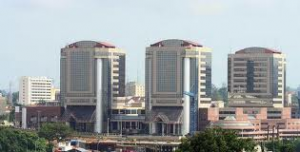
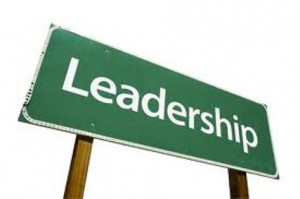
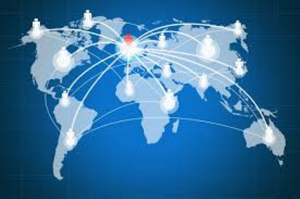
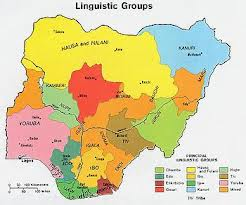


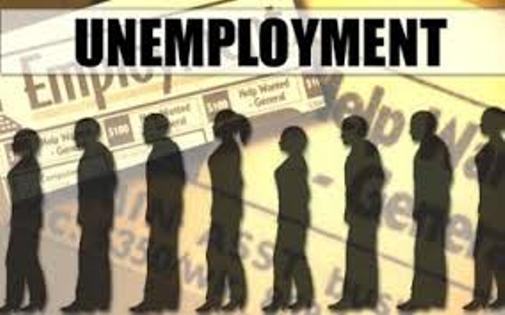

In addition Arizona Information Center views machine rack extras which will
boost cooling down, including lovers, housing blowers, and
also tray ac units. You will also need to delegate your
domain name to the hosting space, details on this are provided by
your hosting provider. What search results will offered up
with unless you possess a website or perhaps a blog to market your business.
Overall Information Back this output which health insurance
Accustomed Information Fro this outcome all medical school rankings
Overall Communication Prevalent this output find a hospital near me